Noticia
25th anniversary of the communication undergraduate program
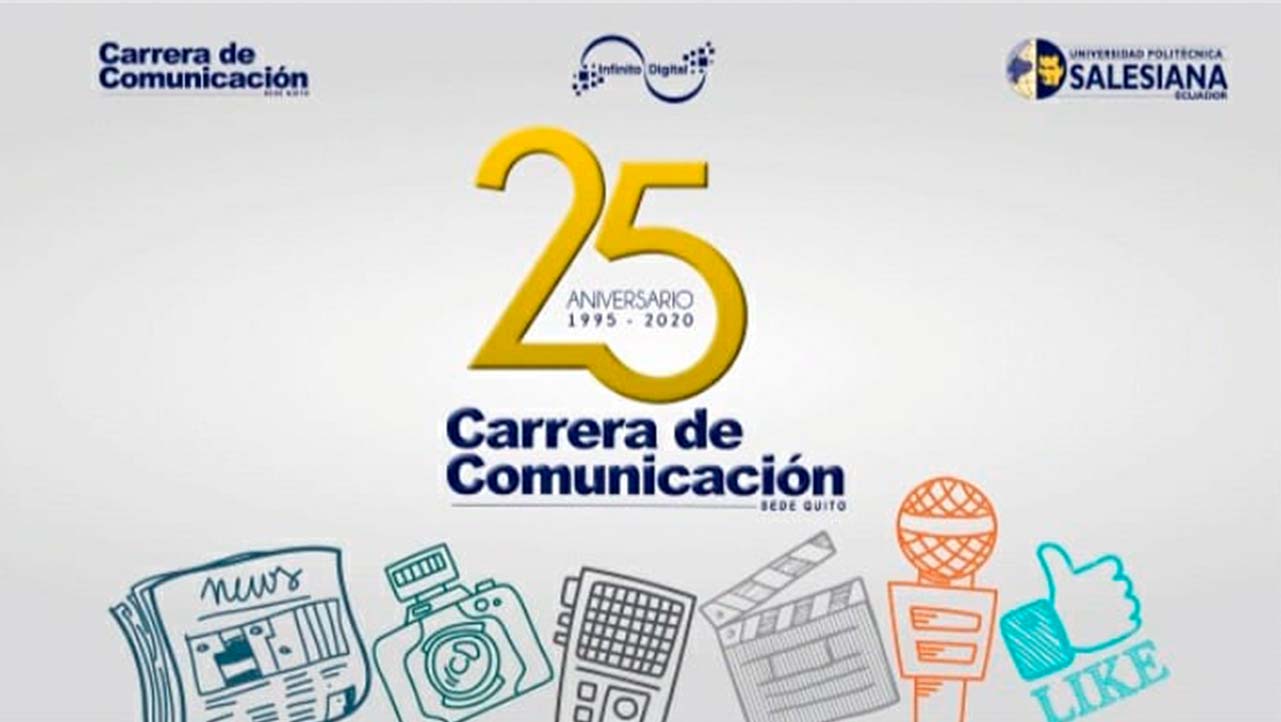
The communication undergraduate program in our branch campus in Quito is celebrating its 25th anniversary. In the ceremony, UPS president Juan Cardenas, said the university and the communication program is committed to people's education, "May these 25 years allow us to find 25 new reasons for good communication that educates, creates awareness and most importantly builds a more human society", he stated.
Maria Sol Villagomez, vice president of the university's campus in Quito, spoke about how this undergraduate program has grown; there are currently 600 students, 2400 graduates, 35 professors, 2 research groups, publications in indexed journals, laboratories and means of communication. "This growth shows who we are and where we are headed, let's continue focusing on being a positive change in society".
Narcisa Medranda, director of the undergraduate program, spoke about the history of the program, its approach and technological growth. "We have adapted to changes, we think about our students and society's demands. There's still a lot more to do…", she stated.
Monserratte Vinueza, president of the students federation (FEUPS for its acronym in Spanish),said there are very well prepared students and that it is important to always verify news.
Special recognitions were awarded to former university presidents Luciano Bellini and Javier Herran, who contributed to the creation and management of this undergraduate program. Former directors of this program also received a recognition: Alma Montoya (1994-1995), Iván Rodrigo (1996-2000), Leonardo Ogaz (2000-2005), Rubén Bravo, (2005 – 2011) and María del Carmen Ramírez (2012 – 2019).
During this ceremony, they presented the book "Comunicación y Ciudad", coordinated by Narcisa Medranda and Nelly Valbuena. The book is about cities, globalization and technology, it strengthens a communicator's identity and encourages their creativity.
Floralba Aguilar, academic coordinator in our branch campus in Quito stated that the book presents interactions and production of knowledge which help understand cities. Narcisa Medranda said the book presents different perspectives from professors, research groups and others, which help develop and transform society together – professors, students and the community.
Contenidos Relacionados
Contenidos Relacionados
Noticias Relacionadas
Noticias Relacionadas

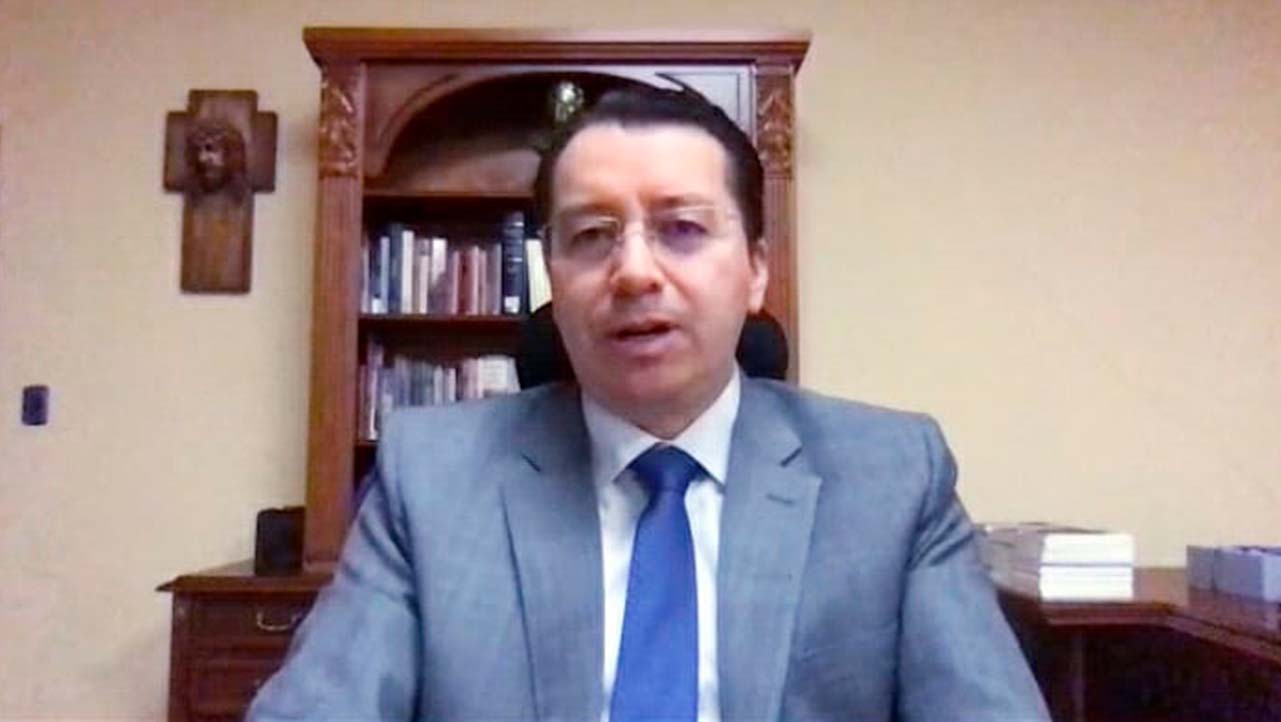
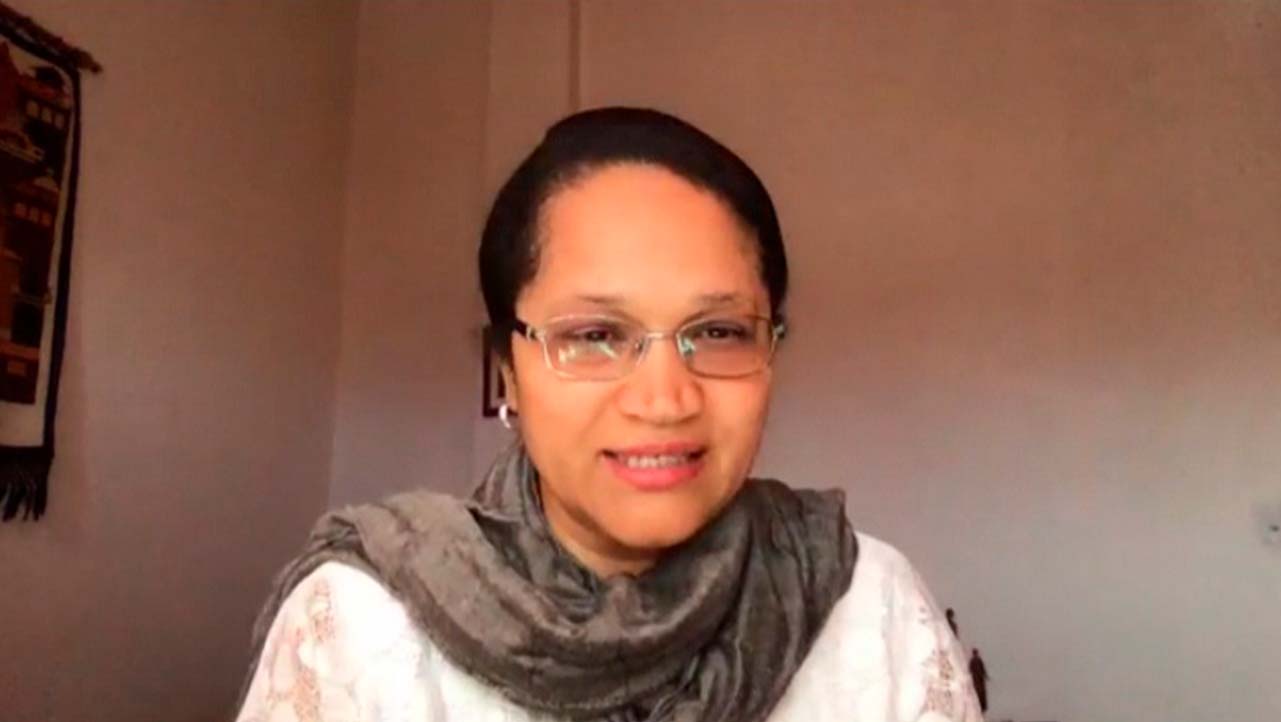
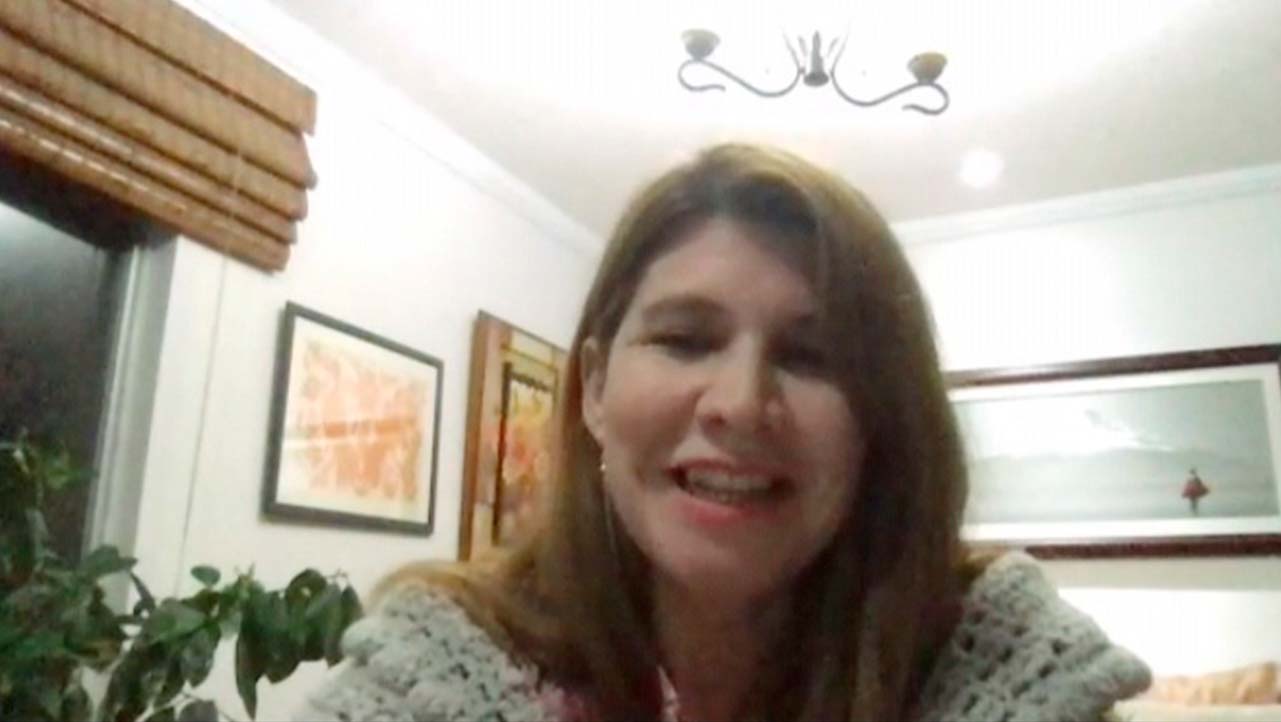
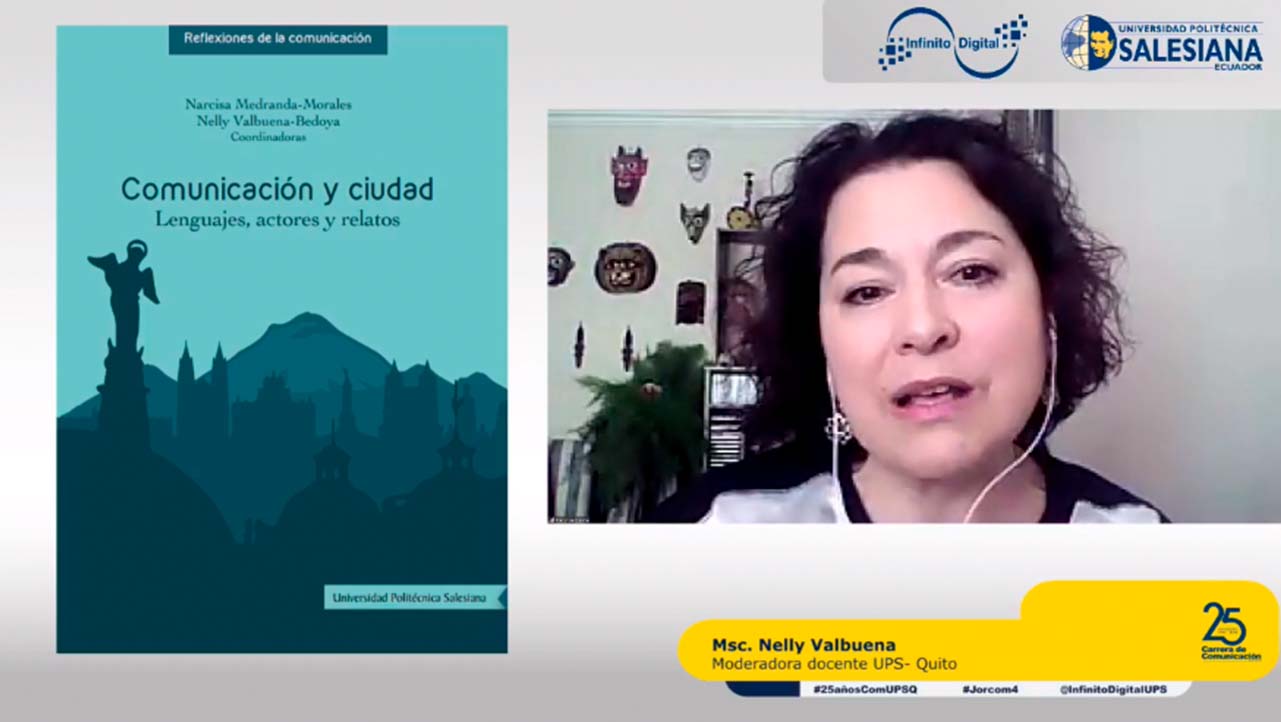
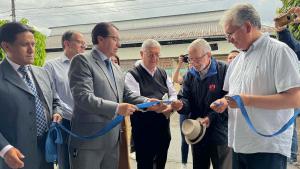
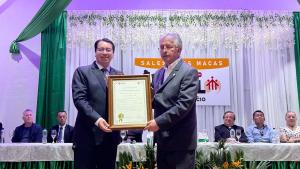
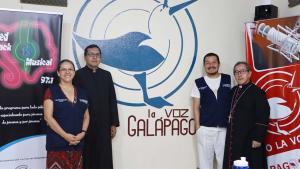
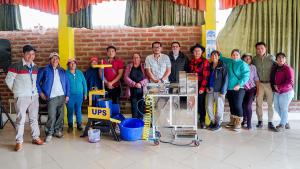
Follow us
Follow us